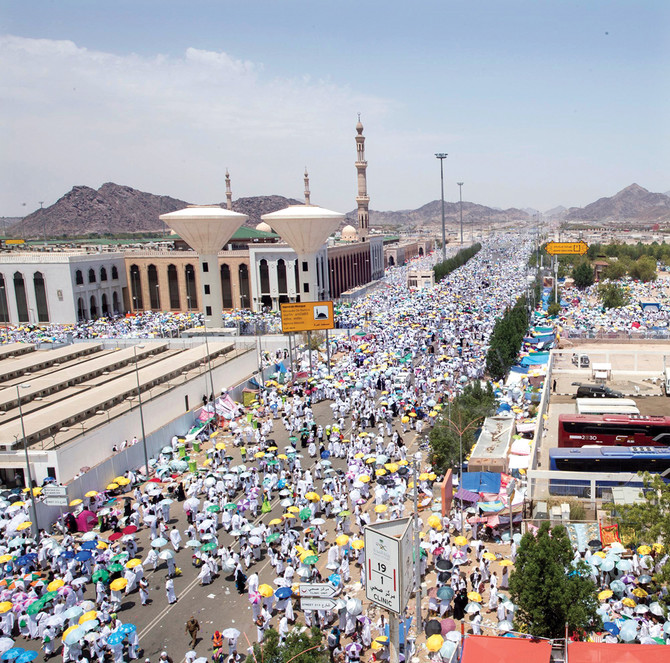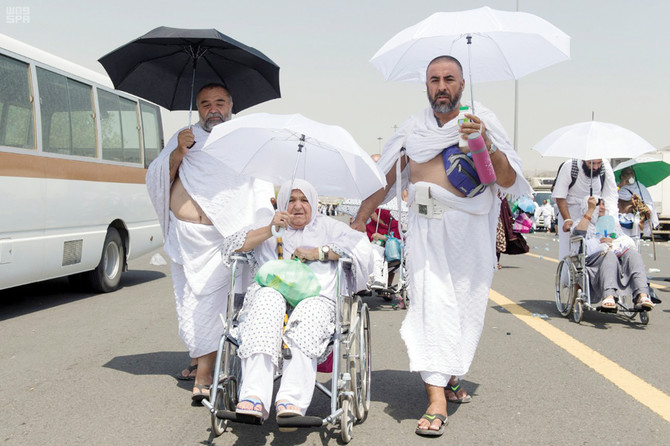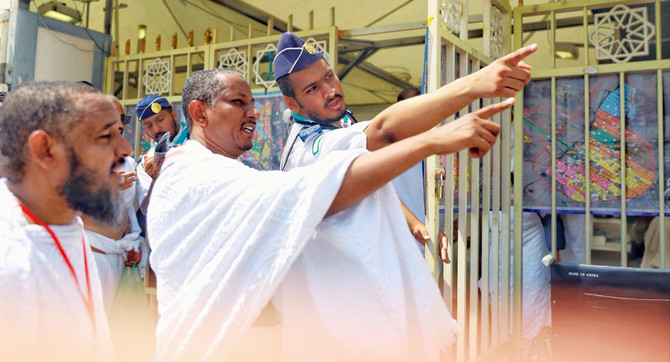JEDDAH: One of the famous books that refers to the Islamic pillar of Hajj is “The Alchemist,” a novel by the Brazilian writer Paulo Coelho that has been translated into more than 80 languages and sold more than 30 million copies.
The novel highlights the Hajj dream when a young shepherd, Santiago, working for a crystal shop owner tells his employer about his desire to visit the pyramids, which leaves the latter asking why the young boy was so determined about to see the pyramids.
“You’ve never had dreams of travel,” the shepherd boy tells the shop owner in Tangier, the Moroccan city that used to be a part of Al-Andalus until 1062.
The crystal merchant had never thought of traveling, except for Hajj — traveling to Makkah had long been his dream and only thought.
However, the merchant explains to the boy that he lives by the book of Qur’an, and that Islam has five pillars which are mandatory for Muslims to fulfill.
After explaining the first four pillars, the merchant suddenly stops with tears in his eyes. So the boy asks him about the fifth obligation.
The merchant answers: “Two days ago, you said that I had never dreamed of travel. The fifth obligation of every Muslim is a pilgrimage. We are obligated at least once in our lives to visit the holy city of Makkah.
“When I was young, all I wanted to do was to put together enough money to start this shop. I thought someday I’d be rich, and could visit Makkah.”
The merchant refers to those who pass by his shop on their way to Makkah, and to those pilgrims who have performed Hajj and are proudly showing that off on their house doors.
However, when Santiago asks the merchant why he never made the trip and fulfilled his dream, he answers that if he did, he would no longer have anything to live for.
“Because it’s the thought of Makkah that keeps me alive.
“I’ve already imagined a thousand times crossing the desert, arriving at the Plaza of the Sacred Stone, the seventh time I walk around it before allowing myself to touch it. I’ve already imagined the people who would be at my side, and those in front of me.”
Meanwhile, the merchant’s business grows after he agrees to Santiago’s suggestion to sell tea. The tea becomes popular in the town and the merchant hires more staff.
As a result of the shop’s success, Santiago also becomes rich and decides that it is time for him to leave.
One day he wakes early and tells the merchant about his decision to leave and buy a large flock of sheep.
Santiago encourages the merchant to travel to Makkah. However, the merchant believes that he will not go to Makkah because it is “maktub,” which means “it is written,” as his destiny.
Coelho has a Guinness World Record for the most translated book by any living author.


























